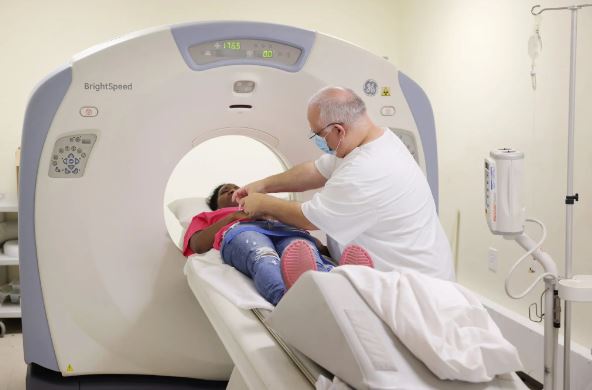The American Cancer Society is embarking on a pioneering study focusing on a critically underserved population: Black women. This ambitious initiative, known as VOICES of Black Women, is set to become the first long-term population study of its scale to investigate the factors driving cancer prevalence and mortality among Black women.
Researchers aim to enroll 100,000 Black women without cancer, aged 25 to 55, from Washington, D.C., and 20 states with significant Black American populations. Participants will be surveyed biannually about their behaviors, environmental exposures, and life experiences, with their health monitored over a span of 30 years to track any cancer developments.
Previous studies by the American Cancer Society have been instrumental in identifying cancer causes, such as linking cigarette smoking to lung cancer and red and processed meat consumption to increased colon cancer risk. However, despite including large numbers of Black women, these studies couldn’t delve deeply into the unique factors affecting this population, according to science at the society and co-principal investigator of the VOICES study, alongside Dr. Lauren McCullough.
Participants will be asked about their use of personal care products, such as chemical hair straighteners, which have been linked to certain cancers. The study will also monitor stressors related to physical environments and factors like neighborhood walkability, crime rates, air pollution, access to healthy food, and proximity to liquor stores and cigarette outlets.
Black women face the highest death rates and lowest survival rates for many cancers compared to other racial or ethnic groups. For instance, Black men and women have higher than white Americans. rate of white women, are twice as likely to be diagnosed with stomach cancer, and are more than twice as likely to die from it.
The high mortality rates among Black breast cancer patients prompted the U.S. Preventive Services Task Force to recently lower the recommended age for starting mammography screenings from 50 to 40. The disparity in breast cancer survival rates between Black and white women is a relatively new phenomenon, emerging only since the 1970s, Dr. Patel noted. “We now know that Black women, especially younger ones, tend to have more aggressive tumors compared to white women, but the reasons behind this are still unclear,” she added.
The study’s recruitment began late last year with a pilot launch in Atlanta and Hampton Roads, Virginia, and expanded to other states and Washington in May. To be eligible, participants must identify as Black, be assigned female no history of cancer (aside from common basal or squamous skin cancers), and be between 25 and 55 years old. No medication, clinical testing, treatment, or lifestyle changes are required for participation.
Breana Berry, a 30-year-old public health worker near Atlanta, eagerly signed up for the study, as did her mother, Jacquelyn Berry, 53, who is a caregiver to a friend with breast cancer and lost ago. He died shortly after being correctly diagnosed with advanced pancreatic cancer.
This landmark study promises to uncover the unique factors contributing to cancer in Black women, offering crucial insights that could lead to targeted health interventions and improved outcomes for this underserved population.

